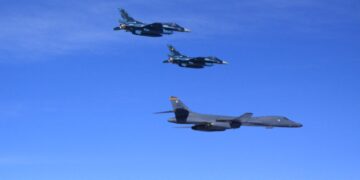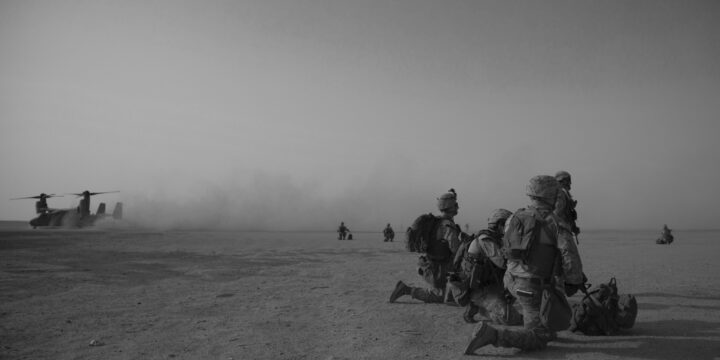FOR IMMEDIATE RELEASE:
August 30, 2021
Contact: press@defensepriorities.org
WASHINGTON, DC—Today, U.S. officials announced the last American planes have left Afghanistan, bringing an end to America’s longest war. Defense Priorities Policy Director Benjamin H. Friedman issued the following statement in response:
“As great a tragedy as the war has been, it can still be worse if we listen to those who blame all Afghanistan’s problems on the U.S. exit and tell us there was a competent way to do it.
“The great error of the war in Afghanistan wasn’t its ending, whatever the mistakes made in the final U.S. exit. The problem was continuing to participate in the war so long in the face of so many indications it was failing—indeed, that it would’ve been worthwhile even had it worked better. The Biden administration deserves credit for staying focused on the national interest and getting out despite the chorus of Washington establishment howls lamenting the war’s end.
“The U.S. exit comes at least a decade too late. By 2002, the United States had accomplished the aims that justified our invasion of Afghanistan, with Al-Qaeda’s leaders dead, captured, on the run, and the Taliban punished for hosting them. As that war was won, a new unwinnable one began, when the United States slid into a growing nation-building campaign unnecessary to U.S. security.
“Certainly by the time a U.S. raid killed Osama bin Laden in 2011, it was clear that U.S. counterterrorism aims could be achieved without trying to turn Afghanistan into a modern state with a unified and competent government. U.S. forces should already have largely departed by then, rather than being surged for a massive counterinsurgency campaign. The terrible costs of those decisions are well known: more than a trillion dollars wasted, 2,461 U.S. servicemembers and civilians killed, and many more Afghans lost, mostly for nothing lasting: to build a state that proved a failed one.”
More on Asia

Featuring Lyle Goldstein
June 13, 2025
Featuring Jennifer Kavanagh
June 11, 2025






